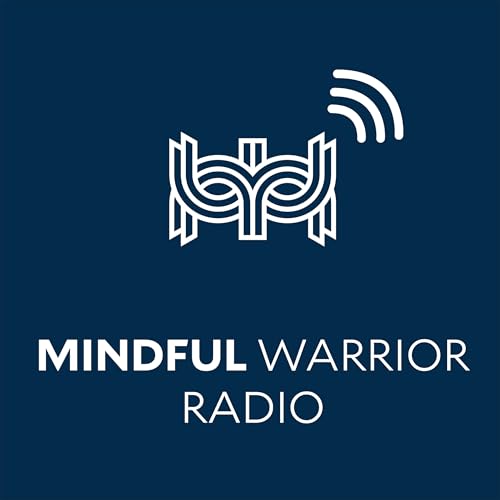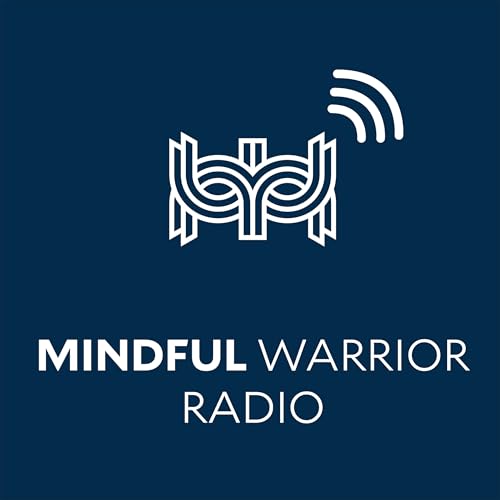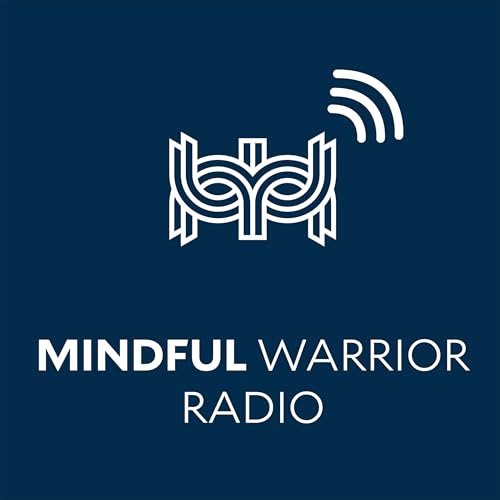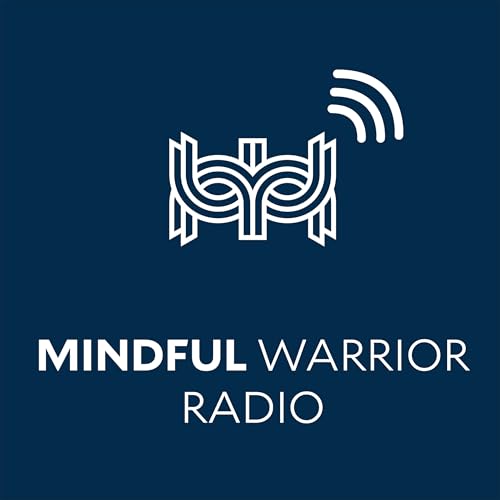Maggie Steffens: Captaining Olympic Teams
On episode thirty-five of Mindful Warrior Radio, we welcome Maggie Steffens. Maggie is a professional water polo player and four-time Olympian on Team USA. Named to the Women’s National Team at 16, Maggie has continued to represent her country at every major international championship since. At 19, she was a member of the 2012 gold-winning squad at the London Olympics, where she played alongside her older sister, making them a truly dynamic duo! Not only did the Steffens sisters bring home gold, but Maggie tied the Olympic record with 21 goals and earned the title of team MVP.
Four years later, Maggie led Team USA to a second consecutive gold medal as the captain of the U.S. Women’s Water Polo team at the Rio Olympics. In 2019, she made history by leading the team to their first-ever three consecutive FINA World Championship titles. A year later, at the 2020 Tokyo Olympics, she helped the team secure yet another gold medal.
Maggie won three National Championships (2014, 2015, and 2017) at Stanford University where she graduated with a degree in science, technology, and society in 2017. She also earned NCAA Tournament MVP honors, and received multiple accolades, including MPSF (Mountain Pacific Sports Federation) Player of the Year.
Maggie continued her studies at Stanford, completing a master’s degree in management, science, and engineering and then went on to play professionally in Budapest and Barcelona before returning to Long Beach, CA in the summer of 2019 to train for her third Olympic games.
On Mindful Warrior Radio, Maggie tells us that the goal of leadership as a team captain is to “trust yourself enough to let go and trust your preparation.” She explains that the advantages of doing so are being able “to be yourself, not only out of the water but also in it, whether it’s taking a risk, going for the shot, or swimming a bit faster when it matters. It’s about building trust in yourself, and in turn, trusting others—your teammates, your coaches, and the shared mission of the team. Reaching that level of trust is hard, but it’s a big part of what allows your light to shine. After all, it’s hard to let that light shine if you don’t have trust in yourself, others, and a common purpose.”
About the leadership challenges of being a team captain, she says, ‘I’m constantly thinking about the team, even as I’m going to bed. Of course, I’m focused on how I can improve, but I also ask, what does the team need? What does each player need? How can I approach each situation? Being captain has really emphasized that responsibility. I’m always thinking about the team; that’s just who I am. And it can be challenging to balance fostering team development and harmony while still putting in the effort to become the person I want to be.”
To learn more about Mindful Warrior and Mindful Warrior Radio, please follow us on Instagram @therealmindfulwarrior and check out our website at www.mindfulwarrior.com
 1 時間 7 分
1 時間 7 分 1 時間 10 分
1 時間 10 分 57 分
57 分 59 分
59 分 43 分
43 分 2024/12/0654 分
2024/12/0654 分 2024/10/2956 分
2024/10/2956 分 49 分
49 分
